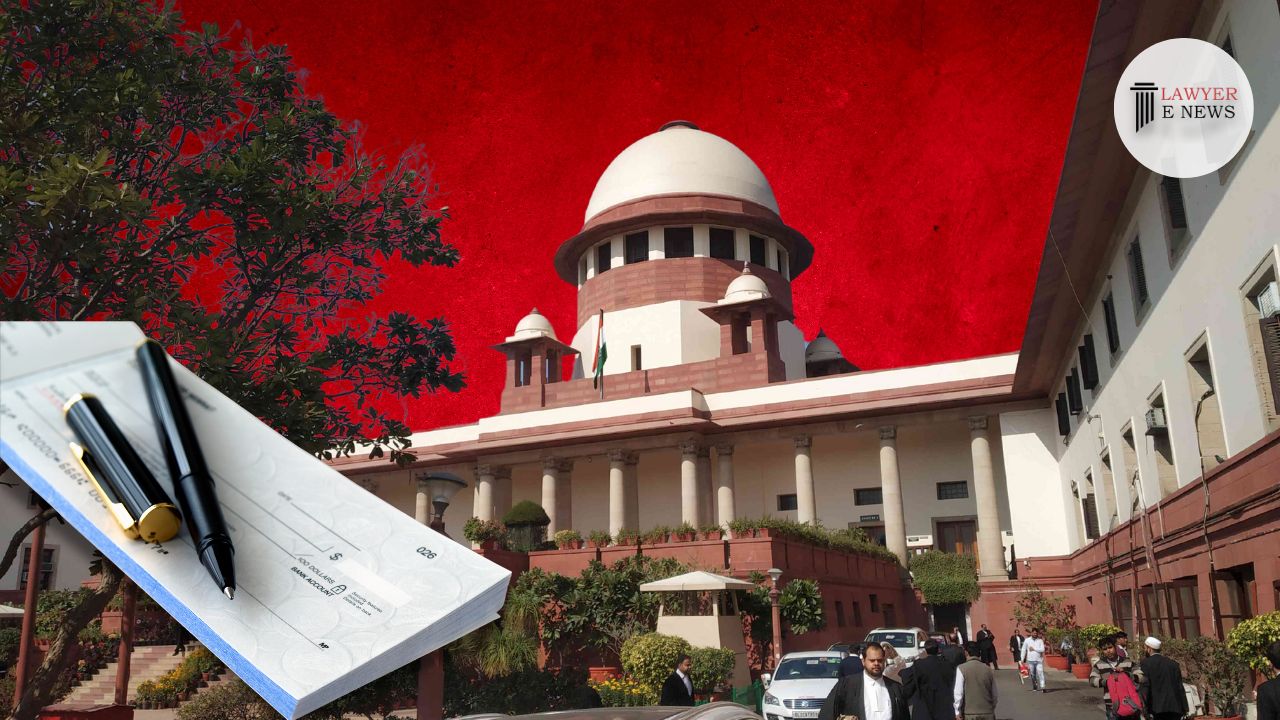-
by sayum
14 February 2026 2:22 PM



High Court's decision regarding the enforceability of a sale agreement upheld with modifications; emphasized that mere registration does not preclude evidence proving the agreement is a sham.
In a significant judgment, the Supreme Court of India has partly allowed the appeal in the case of Maharaj Singh & Ors. vs. Karan Singh (Dead) Thr. LRs. & Ors., altering the decree for specific performance concerning a disputed land sale agreement. The Court reaffirmed the importance of evaluating the authenticity of sale agreements and the conditions under which such agreements can be enforced, particularly emphasizing that registered documents alone do not eliminate the possibility of proving them to be sham.
The dispute revolves around a registered sale agreement dated December 7, 1981, by which the first defendant agreed to sell 2.90 acres of land in Jauniwala village, Tehsil-Kashipur, District-Nainital to the plaintiffs for Rs. 20,300, with Rs. 7,000 paid in advance. Subsequently, the first defendant sold portions of the same land to other defendants through separate sale deeds in 1983. The plaintiffs sought specific performance of the initial agreement, claiming the subsequent sales were collusive. The defendants countered that the initial agreement was fictitious and forged.
The Supreme Court extensively discussed the principles under Sections 91 and 92 of the Indian Evidence Act, which exclude oral evidence contradicting the terms of a written document. However, the Court highlighted that evidence can still be led to show that the parties never intended to contract on the terms set forth in the document. It underscored that the contention regarding the sham nature of the agreement must be evaluated based on evidence beyond the document itself.
The Court observed discrepancies in the defendants' arguments. While the legal representative of the first defendant claimed the agreement was fictitious to deter the first defendant from selling the land, other defendants alleged it was a forged document prepared without any intent to act upon it. The Court noted that these inconsistent defenses undermined the credibility of the defendants' claims that the agreement was a sham.
Justice Abhay S. Oka remarked, "Sections 91 and 92 of the Evidence Act do not prevent parties from adducing evidence on the issue of whether the parties to the documents had agreed to contract on the terms set forth in the document." He further emphasized, "In the facts of the case, it is very difficult to accept the contention that the suit agreement was got executed from the first defendant with the object to deter him from selling the suit property to meet the demands of his bad lifestyle. Hence, the suit agreement cannot be held as bogus or sham.
The Supreme Court's decision significantly underscores the judiciary's meticulous approach in evaluating the authenticity of sale agreements. By partially allowing the appeal, the Court directed that specific performance be enforced only for the undivided one-half share of the suit property in favor of the first plaintiff, while also laying down the procedures for obtaining necessary permissions for the sale. This ruling not only clarifies the enforceability of sale agreements but also reinforces the importance of credible evidence in substantiating claims of sham agreements.
Date of Decision: July 9, 2024.
Maharaj Singh & Ors. vs. Karan Singh (Dead) Thr. LRs. & Ors.
